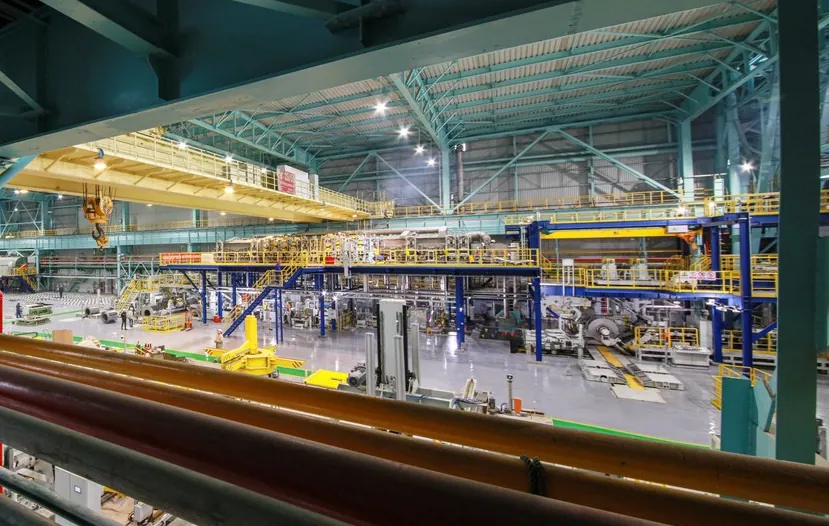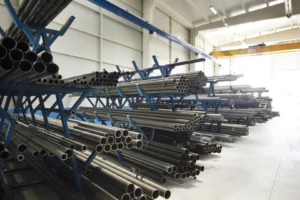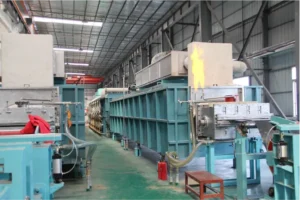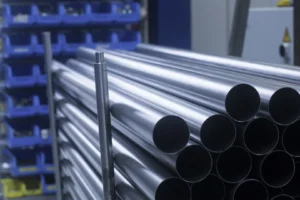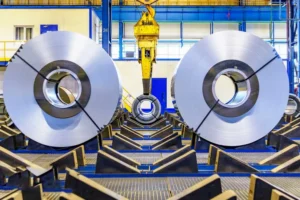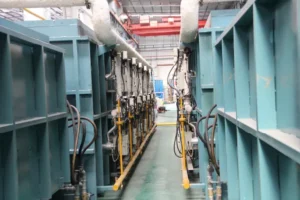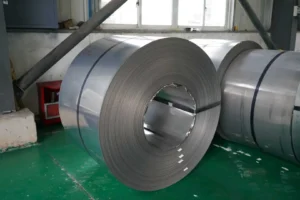How to Choose the Best SS 304 HR Coil Manufacturer
Choosing the right supplier feels overwhelming. A poor choice can cause production delays and quality issues. My guide provides a clear, five-step process to help you select the perfect partner.
To choose the best SS 304 HR coil manufacturer, you must systematically evaluate your specific needs, research potential suppliers, verify quality standards and certifications, compare total costs beyond the unit price, and check the manufacturer's market reputation and customer feedback for proven reliability.
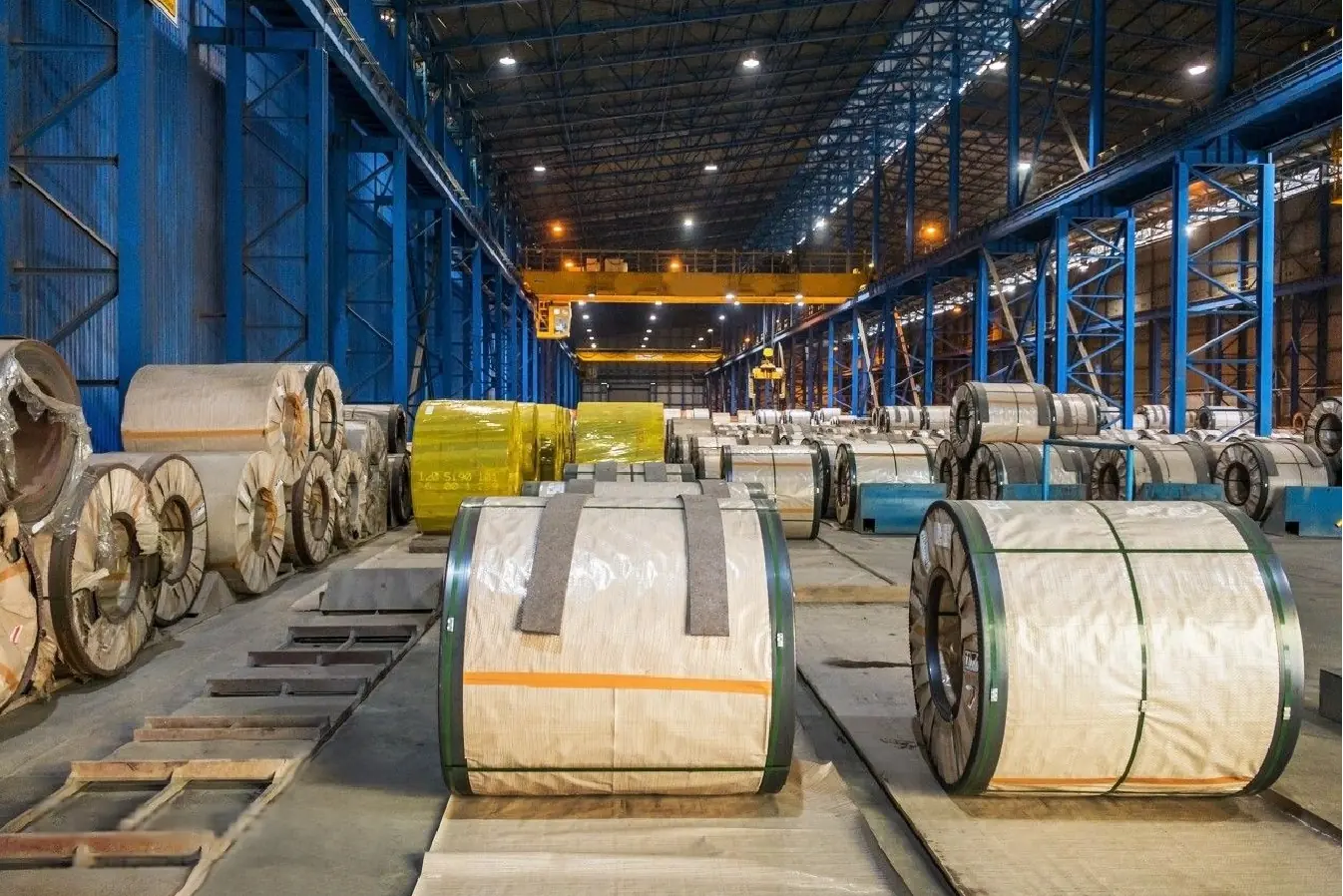
Selecting a manufacturer for SS 304 Hot Rolled (HR) coils is more than just a transaction; it's a strategic decision that impacts your entire production line and final product quality. Over my years as Global Business Director at MFY, I've seen how a strong supplier relationship can become a significant competitive advantage. This decision ensures supply chain reliability and cost-effectiveness, which are critical in today's demanding industrial landscape. Let's walk through the essential steps to make sure you find a partner who can truly support your growth.
How Do You Identify Your Specific Needs and Requirements?
Unclear requirements lead to mismatched quotes. This ambiguity causes confusion and can result in ordering the wrong material. Clearly defining your needs is the essential first step for an efficient procurement process.
Start by detailing your technical specifications, including the required grade, thickness, width, and finish. Also, define your application's specific demands, expected order volume, and delivery frequency. This clarity ensures potential suppliers can provide accurate and relevant proposals.
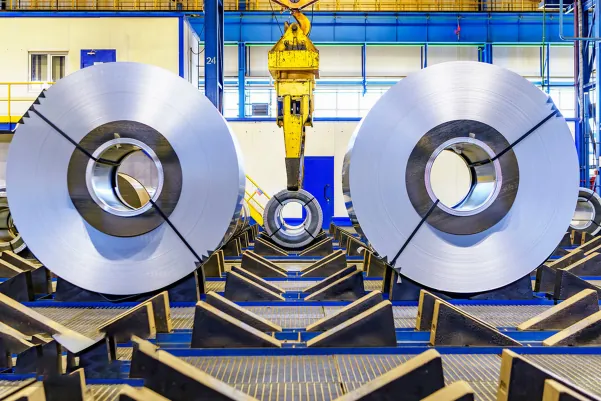
Before you even begin your search, you must look inward. A detailed understanding of your own project is the foundation of a successful partnership. Too often, I see companies rush to get quotes without first creating a comprehensive list of their needs. This approach almost always leads to problems down the line, from incorrect material properties to logistical nightmares. At MFY, we always begin our client conversations by asking these fundamental questions to ensure a perfect match. A well-defined requirement list not only helps you get accurate pricing but also demonstrates to potential suppliers that you are a serious and professional partner. This initial diligence saves immense time and resources, setting the stage for a smooth and successful collaboration.
Technical Specifications
Your first task is to document the precise technical details of the SS 304 HR coil you need. This isn't just about the grade; it includes dimensions, tolerances, and surface finish. Create a clear specification sheet.
| Specification | Your Requirement |
|---|---|
| Grade | SS 304 (or specific sub-variant) |
| Standard | ASTM A240, JIS G4304, etc. |
| Thickness | e.g., 3.0mm - 10.0mm |
| Width | e.g., 1219mm, 1500mm |
| Surface Finish | e.g., No.1 Finish |
| Coil Weight/ID | e.g., 5-10 MT / 508mm or 610mm |
Application and Volume
Next, consider how the material will be used. Is it for structural components in construction, manufacturing industrial equipment, or automotive parts? The application dictates performance requirements. Alongside this, estimate your volume needs—both for the initial order and your projected annual demand. This information helps manufacturers assess their capacity to serve you.
Where Should You Research Potential Manufacturers in the Market?
Finding trustworthy suppliers can be difficult. The market is vast and filled with unverified claims. A structured research approach is necessary to filter out the noise and find credible partners.
You should research manufacturers through multiple channels. Utilize online B2B platforms like Alibaba, attend major industry trade shows, consult industry association directories, and seek referrals from trusted contacts within your professional network to build a comprehensive list of potential suppliers.
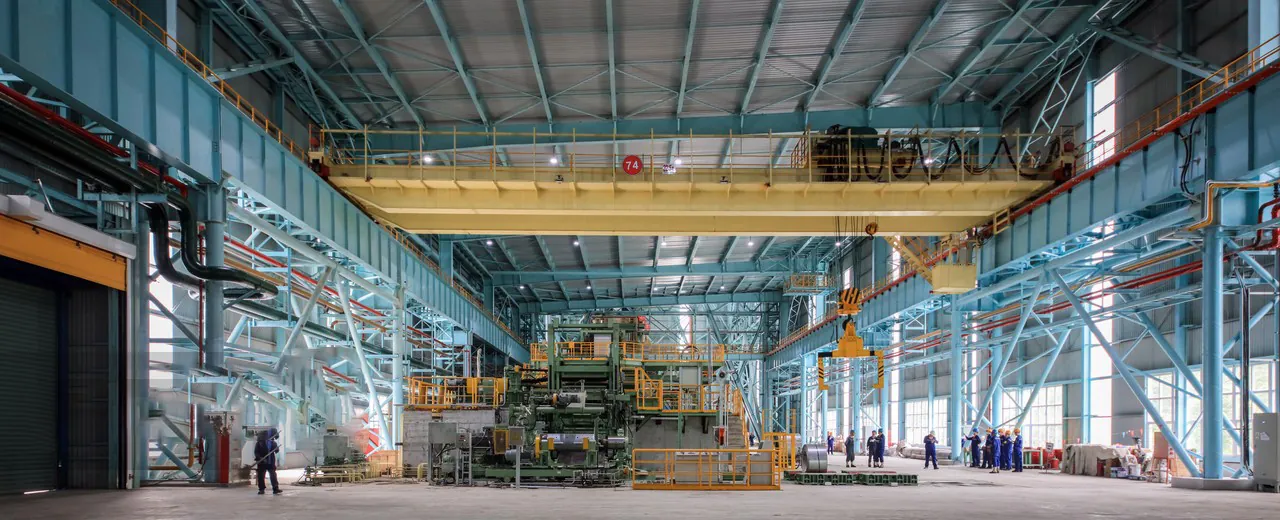
Once your requirements are clear, the search begins. The goal is to create a longlist of potential manufacturers that appear to meet your criteria. In today's digital world, the internet is a powerful tool, but it should not be your only one. I've found that the most reliable partnerships often come from a blend of digital discovery and real-world verification. For instance, an impressive website is a good start, but meeting a company's team at a trade fair like Tube & Wire Düsseldorf gives you a much deeper insight into their professionalism and capabilities. Combining these methods provides a more holistic view of the market. It allows you to cross-reference information and identify companies that are not only digitally savvy but also have a real, tangible presence and reputation in the industry.
Online and Offline Channels
A balanced approach is best. Use online resources for initial discovery and then follow up with more traditional methods.
- Online Platforms: Websites like Alibaba, Made-in-China, and global industry portals are excellent for casting a wide net. Look for suppliers with a long history, verified credentials, and positive ratings.
- Industry Trade Shows: These events are invaluable. They allow you to meet sales and technical teams face-to-face, inspect sample products, and gauge a company's commitment to the industry.
- Professional Networks: Don't underestimate the power of a referral. Ask colleagues, mentors, or contacts in industry associations for recommendations. A personal introduction often leads to a more transparent and trustworthy relationship.
What Quality and Standards Should You Evaluate for SS 304 HR Coils?
Inconsistent material quality can ruin your production. This leads to product failures and reputational damage. Verifying a manufacturer's commitment to quality standards is therefore non-negotiable for supply chain integrity.
You must evaluate a manufacturer's quality by requesting their ISO 9001 certification and demanding a Mill Test Certificate (MTC) for every batch. This ensures the material's chemical composition and mechanical properties meet international standards like ASTM, EN, or JIS.
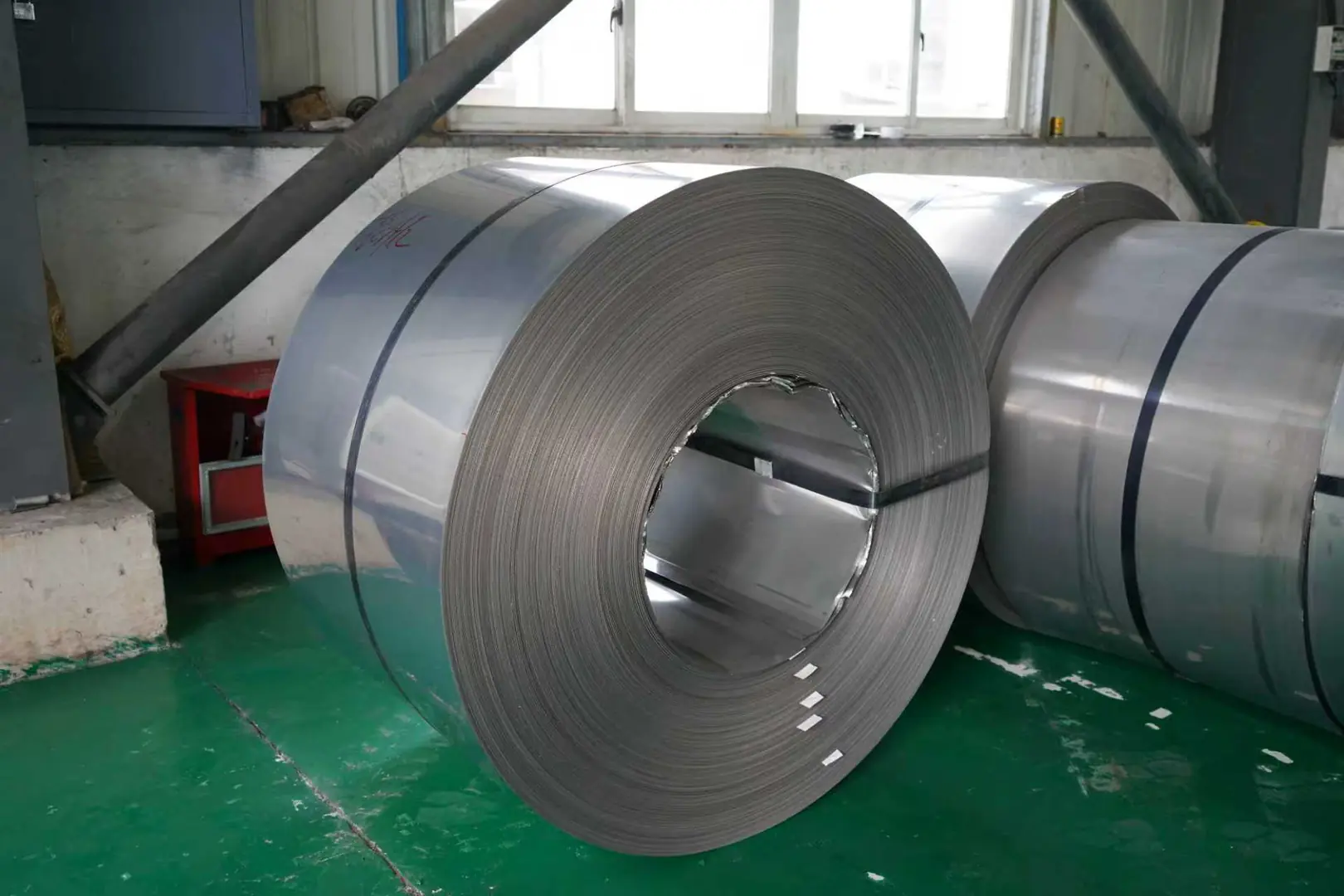
Quality is the cornerstone of any industrial material. For SS 304 HR coils, this means strict adherence to chemical composition and mechanical properties. A reliable manufacturer will not hesitate to provide complete transparency regarding their quality control processes. This is where traceability becomes critical. At MFY, our integrated supply chain gives us end-to-end control, from raw material sourcing to final production. This allows us to provide detailed MTCs that trace a coil's entire journey, giving our clients absolute confidence in the material they receive. I remember a client in the automotive sector who was facing issues with inconsistent formability. By switching to a supplier with rigorous traceability, they were able to stabilize their production process and eliminate defects, proving that a focus on quality assurance delivers a tangible return on investment.
Essential Certifications
Look for internationally recognized certifications as a baseline indicator of a manufacturer's quality management system.
- ISO 9001: This demonstrates that the manufacturer has a robust quality management system in place.
- Product-Specific Certifications: Depending on your market, you may need certifications like CE marking[^1] (for Europe) or others relevant to your application.
The Mill Test Certificate (MTC)
The MTC is your proof of quality. It's a formal document that provides a complete summary of the material's properties.
| MTC Data Point | Importance |
|---|---|
| Chemical Composition | Verifies the percentages of Chromium, Nickel, etc., are within SS 304 limits. |
| Mechanical Properties | Confirms Tensile Strength, Yield Strength, and Elongation meet standards. |
| Heat Number | Provides full traceability back to the production batch. |
| Dimensions & Weight | Ensures the coil meets your specified physical requirements. |
Always insist on seeing an MTC before finalizing your order.
How Can You Effectively Compare Pricing and Delivery Options?
Focusing only on the lowest price is a common mistake. This often leads to hidden costs and delivery delays. A holistic comparison of value, not just price, is key to a smart decision.
To compare effectively, calculate the Total Cost of Ownership (TCO). This includes the unit price plus shipping, insurance, import duties, and potential costs from delays. Evaluate the supplier's logistical capabilities, lead times, and available shipping terms (e.g., FOB, CIF).
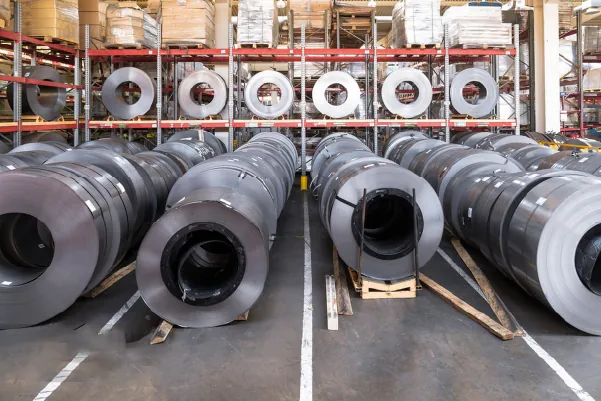
Price is always a factor, but the sticker price is rarely the full story. A slightly cheaper coil from a supplier with unreliable logistics can end up costing you far more in production downtime. This is where the advantage of a vertically integrated manufacturer like MFY becomes clear. Because we control more of our supply chain, from production to port logistics, we can offer more reliable delivery schedules and mitigate the risks of disruption. This resilience is a core part of the value we provide. When comparing quotes, you should ask detailed questions about the entire logistics process. What are their typical lead times? How do they handle customs clearance? Do they have experience shipping to your country? A partner who can give you clear, confident answers is one who has control over their delivery process.
Beyond the Unit Price
Look at the complete financial picture. Your goal is to find the best value, not just the lowest price.
- Logistics Costs: Get a clear breakdown of freight, insurance, and any port charges.
- Payment Terms: Favorable terms (e.g., Letter of Credit vs. Telegraphic Transfer) can impact your cash flow.
- Currency Fluctuation: Consider the risks if you are paying in a foreign currency.
Evaluating Delivery Reliability
A manufacturer's ability to deliver on time is just as important as the quality of their product.
- Stated Lead Time: How long from order confirmation to shipment?
- Shipping Options: Can they accommodate your preferred shipping line or incoterms?
- Track Record: Ask for references or data on their on-time delivery performance.
Why is Checking a Manufacturer’s Reputation and Customer Reviews Crucial?
A manufacturer's promises mean little without proof. Choosing a partner without vetting their reputation is a gamble. Verifying their track record is essential for mitigating risk and ensuring a reliable partnership.
Checking a manufacturer's reputation is crucial because it provides real-world evidence of their reliability, customer service, and product quality. Past customer experiences, found in reviews, testimonials, and case studies, are the best predictors of your future experience with that supplier.
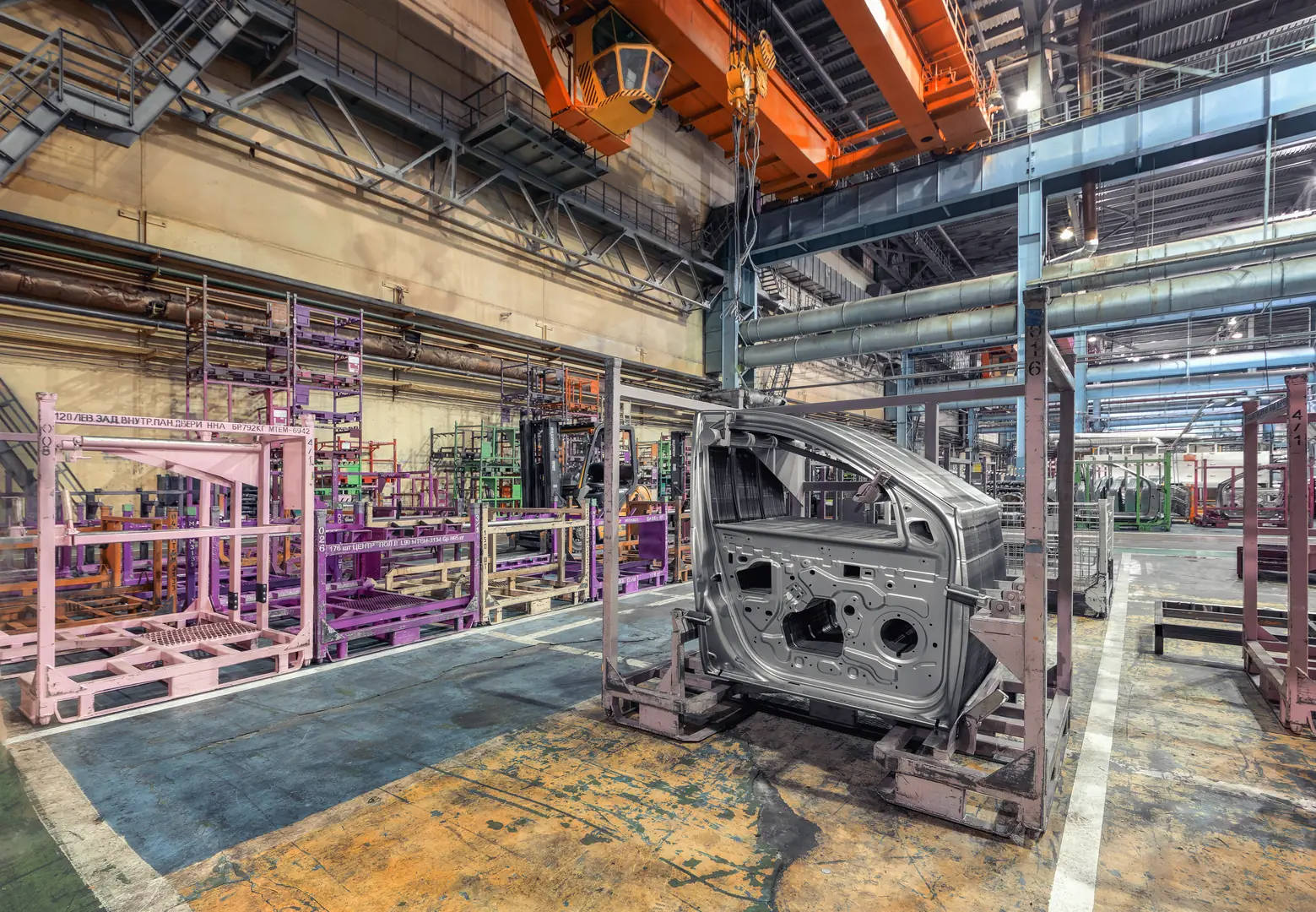
A company's reputation is built over years of consistent performance. It's the ultimate indicator of their commitment to their customers. Before signing any contract, you must do your due diligence and find out what current and past customers have to say. I once worked with a new client from South America who was hesitant to switch suppliers despite facing constant delays. They were nervous about the unknown. We connected them with one of our long-term clients in a similar industry in their region. Hearing a first-hand account of our reliability and service quality gave them the confidence they needed to make the switch. This kind of social proof is more powerful than any marketing brochure. A manufacturer who is proud of their work will be happy to share case studies and connect you with satisfied customers.
Where to Look for Feedback
Gather information from multiple sources to build a balanced view of the manufacturer.
- Online Reviews: Check B2B platforms and industry forums for candid feedback.
- Case Studies: Ask the manufacturer for case studies relevant to your industry. These demonstrate their problem-solving capabilities.
- Customer References: Request to speak with one or two of their current customers. This is the most direct way to get honest feedback on their day-to-day performance.
Red Flags to Watch For
Be cautious if you encounter any of these warning signs:
- A complete lack of online presence or reviews.
- Unwillingness to provide references or MTC samples.
- Vague or evasive answers to technical or logistical questions.
- High-pressure sales tactics that focus only on price.
Conclusion
Choosing the right SS 304 HR coil manufacturer is a strategic process. By following these five steps—defining needs, researching, verifying quality, comparing total value, and checking reputation—you can confidently select a partner who will support your business goals and enhance your supply chain's resilience and efficiency.
Have Questions or Need More Information?
Get in touch with us for personalized assistance and expert advice.
